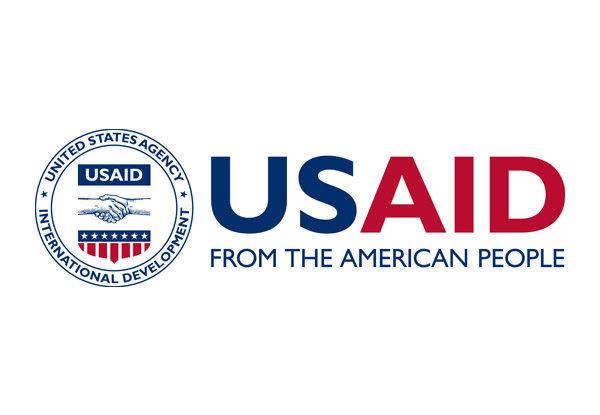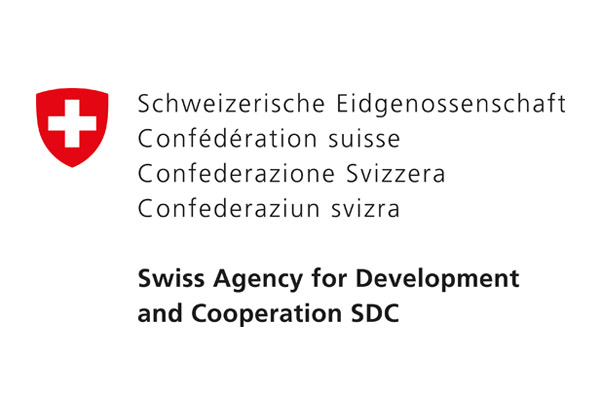IMPACT
Key policy messages
Our advocacy activities are structured around a set of key policy messages, which form the basis of our engagement at national, regional and global levels.
1. Development must be risk-informed
Policy decisions must take disaster risk into account. From national development strategies to local water management plans, risk considerations should be embedded in every policy-making process.
That’s because development choices create risk as well as opportunity. For development to be sustainable, governments, institutions and civil society organisations need to consider the impact of their actions on the lives and incomes of communities living in the most vulnerable situations.
Analysing risk means assessing the complex threats people face, their vulnerability, and their capacities. Sustainable development can only be achieved when local risk is fully understood from the perspective of the communities most at risk.
2. Decision-makers must listen to communities most at risk
Risk can be perceived differently by different people. We believe that the perspective that really matters is that of people who are at the front line of disasters. So when we talk about disaster risk, we mean risk from the perspective of those communities who experience disasters most often.
When development is not risk-informed, communities report that far from offering progress, this so-called ‘development’ is actually creating risk, increasing existing risk and wiping out any potential gains.
Critical to understanding and assessing the complex threats and risks, challenges and opportunities, uncertainties and options faced by communities most at risk, is the need to partner with those people who are most at risk.
To be able to take disaster risk into account, the people involved in taking decisions, such as national and local government representatives, donor institutions, national and international NGOs, must listen to communities most at risk.
3. Sustainable development requires local level leadership
We must go further than just listening to communities most at risk. Local communities must be enabled to participate, influence and make decisions on risk-informed development policies and practices – because they have experience of living with risk. They have critical knowledge of the threats they face and their consequences, the actions which help to reduce risk, and barriers to those actions.
Localisation is the process by which local leadership can be supported and developed. Localisation means:
- Strengthening the capacity of local communities most at risk
- Establishing effective systems and procedures in terms of governance and accountable management practice, which enable the communities most at risk to inform and participate in decision making processes
- Transferring financial resources to the local level so that actions match words
Civil society organisations have an important role to play in supporting the process. While national governments have the primary responsibility for the resilience of their citizens, civil society organisations are often best placed to facilitate dialogue between communities and governments, and to support local authorities in the implementation of policies at the local level.
Become a member
Applying for membership is easy. Eligible organisations just need to complete our online application form and upload a couple of documents that confirm the organisation they work for.
If your organisation is already a GNDR member you can simply register yourself as an individual. We will then link you to your organisation and you can access all benefits.
Join GNDR


